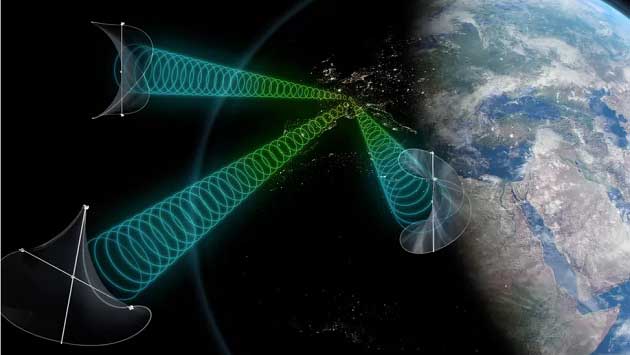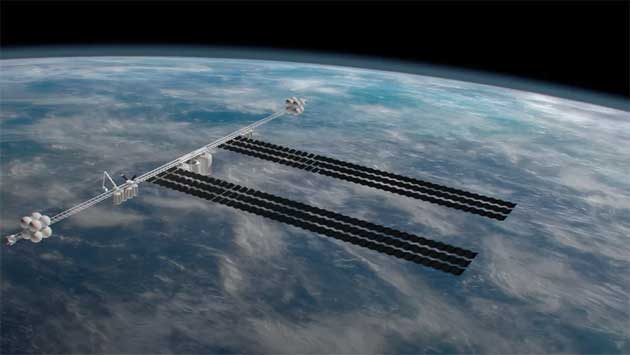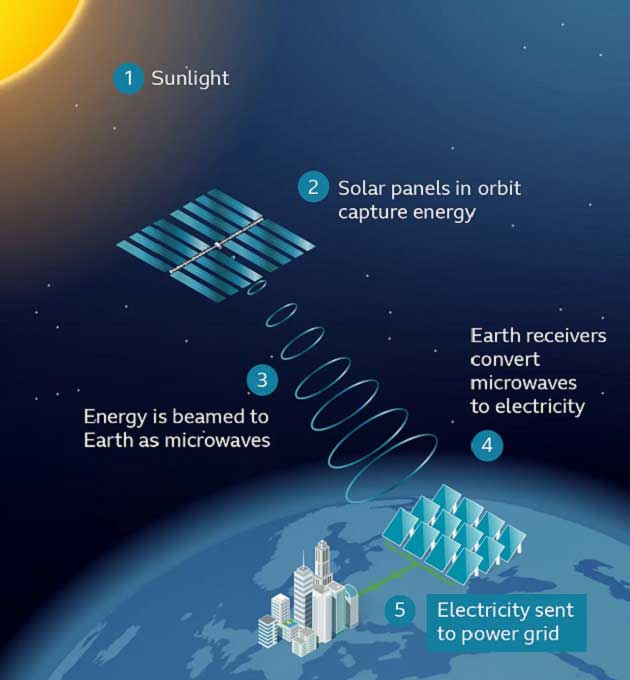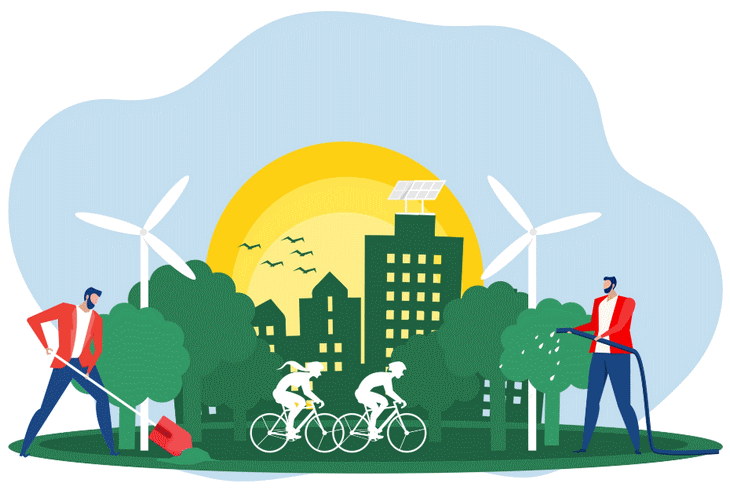Solaris
The European Space Agency (ESA) aims to prepare for a full development program for solar energy from space with the Solaris project. In this way, we could properly extract clean energy from space.
ESA writes: "Through a limited initial investment, we will conduct studies and technology developments in partnership with European industry to verify the technical feasibility and assess the benefits, implementation options, commercial opportunities and risks of solar energy from space as a contribution to decarbonizing Earth's energy supply."
 Image.. ESA
Image.. ESA
In doing so, Europe promises to consider the environment, health and safety, in addition to, of course, the regulatory and space policies we have on Earth. The ultimate goal is to ensure that Europe is at the forefront of the race to find good solutions for clean energy, against global warming. It wants this not just for its own sake, but also because it sees that the cost of fossil energy has skyrocketed due to the war in Ukraine, which makes a new, green way of generating energy even more urgent.
Solar panels
The plan is as follows: solar panels will be inserted into space (in the form of satellites) and they can then capture sunlight 24 hours a day. This is, if all goes well, a very reliable and stable system, ESA believes. Not only will the energy be captured, but thanks to those satellites, it will also be beamed wirelessly to Earth. Of course, this cannot be done with the current satellites suspended in the air: new satellites will be placed in orbit for this purpose. This is regrettable in a way, because this placement is not at all sustainable. After all, that will mean several launches that emit an enormous amount of CO2.
 Image.. ESA - Solar Panels In Space
Image.. ESA - Solar Panels In Space
On the other hand, of course, ESA has promised to take into account all sorts of things, so no doubt it will be thought of that as well. Moreover, it is still a fairly wild plan: it is taking the next 2.5 years to properly study what is possible and how feasible it is. In this, it is taking the same route as NASA has been doing in recent years. Not inventing the wheel itself, but involving the business community, which generally also contributes money to this type of project, in addition to innovations and inventions, of course.
A new space race
The research has yet to begin, which means that at this point it is not even clear if the entire plan is feasible at all. But, that it is being invested in to research it is already a step forward. From developing the satellites to placing them, from capturing sunlight to crucially delivering power: it's a huge project, but the stakes are high. For that delivery of power, people are looking at radio frequency radiation, for example, but also lasers or sunlight reflection.
There are now many other countries working on this possible form of generating and delivering energy, so the question is whether it is so smart to do it all separately, or to adopt a more corona-style way of working and actually share knowledge. On the other hand, everything to do with space always ends up in a space race, so no doubt that will be the case here as well. If only it will be a race in which we are all winners.
 Image.. ESA - Solar Panels In Space
Image.. ESA - Solar Panels In Space
References..
European Space Agency
Other Various Resources
